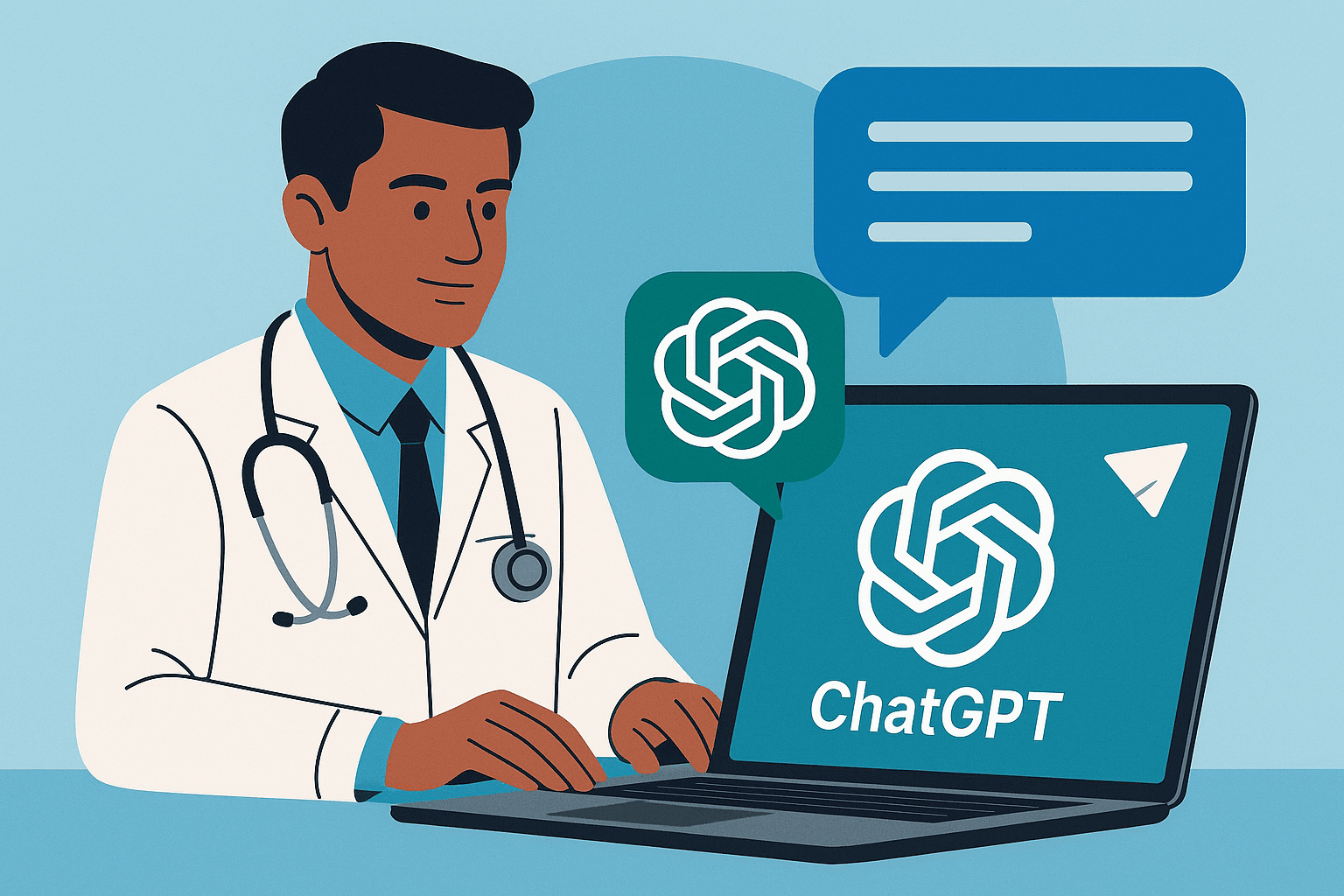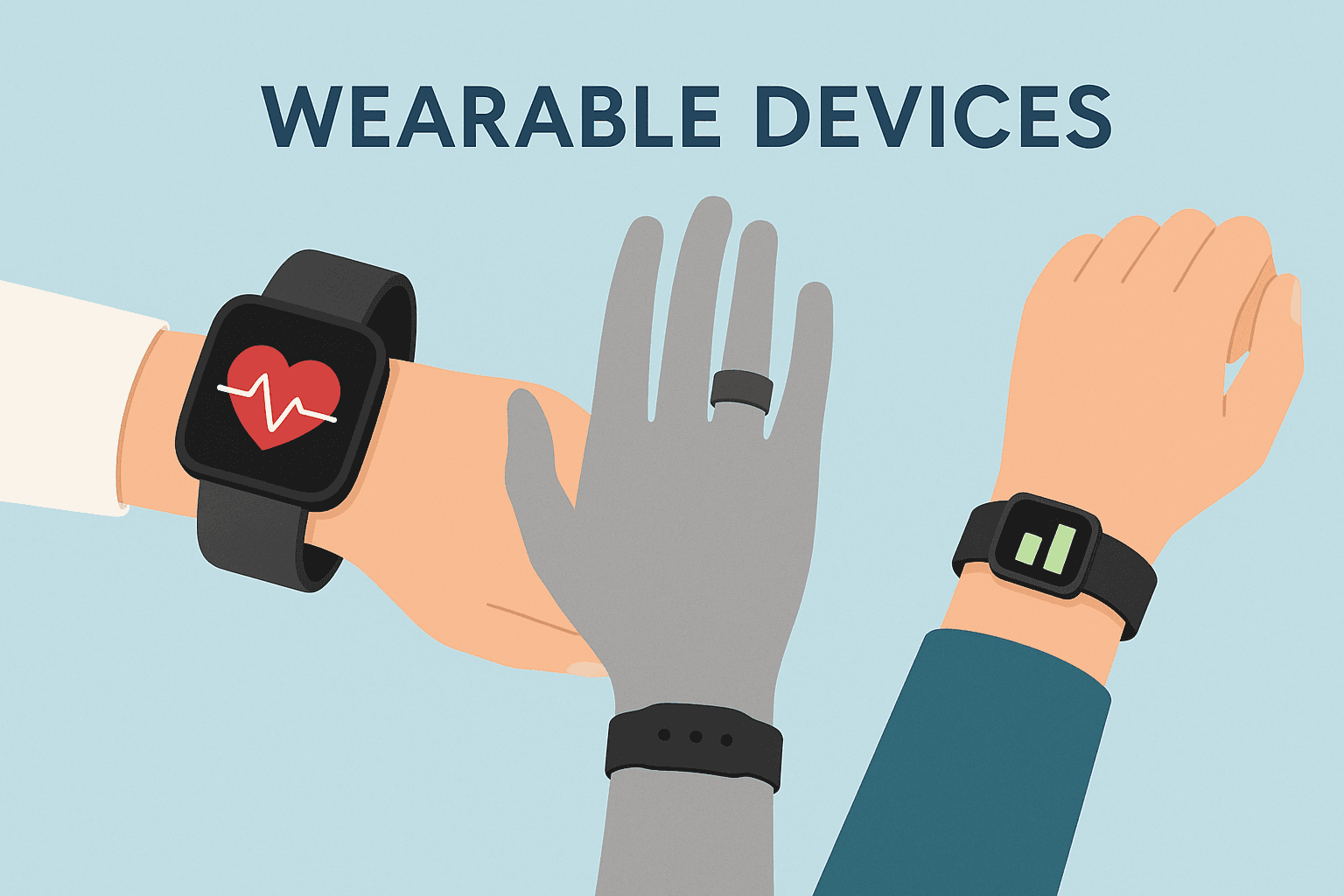Introduction
Artificial Intelligence (AI) is no longer science fiction—it’s becoming a part of healthcare. Among all AI tools, ChatGPT has captured global attention for its ability to understand and respond like a human.
At The Doctorpreneur Academy, many doctors are already exploring how ChatGPT can simplify daily practice, support patient education, and make digital communication more efficient. But how can doctors use it wisely and safely? Let’s explore six practical use cases—and what Indian doctors can learn from them.
1. Summarizing Medical Records
Doctors spend hours reviewing patient notes, family history, and lab results. ChatGPT can help by summarizing these records in easy-to-read formats.
👉 Example: You can feed anonymized information and ask ChatGPT to “summarize patient symptoms, test results, and next steps.”
This saves time and improves documentation.
💡 Doctors at The Doctorpreneur Academy use similar tools to prepare pre-consultation summaries or discharge templates—cutting down administrative work.
2. Simplifying Research Papers
ChatGPT can help doctors stay updated by summarizing long research articles into key points or listing important keywords.
You can ask it to “summarize this study in 5 bullet points” or “explain in simple terms for patient education.”
However, it’s still important to verify facts from trusted medical journals. Use it as a helper, not a replacement for your judgment.
💡 Academy doctors often use it to convert complex research findings into patient-friendly infographics and blogs.
3. Writing Everyday Texts—Emails, Messages & Website Content
From clinic announcements to patient communication, ChatGPT can save time.
It helps doctors write:
- Appointment reminders
- Patient education posts
- Website FAQs or newsletters
You can then edit these in your own tone. It’s perfect for busy clinicians who want to stay connected digitally without outsourcing every message.
💡 Many Doctorpreneur Academy members use ChatGPT to manage their clinic’s digital presence and streamline patient engagement.
4. Answering General Questions
ChatGPT can help you explain broad medical topics like diabetes, hypertension, or preventive care—in simple words that patients understand.
For instance, you can create quick explanations for handouts or digital guides.
But remember—avoid using ChatGPT for clinical diagnosis or treatment advice. Always cross-check scientific accuracy.
5. Acting as a Chatbot for Clinics
Imagine a friendly assistant who answers patients’ common questions 24/7.
ChatGPT-based chatbots can:
- Handle appointment bookings
- Share clinic hours
- Answer FAQs about services
It’s an easy step toward automating front-desk work, especially for solo practitioners or small clinics.
💡 At Doctorpreneur Academy, several doctors are experimenting with AI chatbots to improve patient engagement while saving staff time.
6. Learning and Exploring AI
ChatGPT isn’t just a tool — it’s a gateway to learning AI.
Doctors can use it to:
- Practice how AI “thinks”
- Create mock case scenarios
- Learn prompt engineering (how to ask the right questions)
Getting familiar with AI tools now prepares doctors for the AI-powered healthcare systems of tomorrow.
What Does This Mean for Doctors in India?
India is rapidly adopting digital health—from government initiatives like Ayushman Bharat Digital Mission (ABDM) to hospitals integrating AI-based decision tools.
For doctors, this means:
- New skill sets are becoming essential.
- Smarter clinics can offer faster and more personalized care.
- Digital presence is no longer optional—it’s expected.
Indian doctors who understand AI early will lead this transformation, not just follow it.
Soon, we’ll see medical-grade versions of ChatGPT, trained on verified healthcare data. They’ll assist in clinical education, patient communication, and digital record management.
For now, learning how to use ChatGPT responsibly gives doctors a competitive edge in the new digital health era.
Key Learnings for Indian Doctors
✅ Use ChatGPT to save time — not replace clinical judgment.
✅ Learn how to prompt AI effectively.
✅ Stay updated on digital tools and data privacy.
✅ Join communities like The Doctorpreneur Academy to learn and grow with fellow innovators.
Conclusion
ChatGPT won’t replace doctors — but doctors who use AI will replace those who don’t.
By embracing tools like ChatGPT, Indian doctors can deliver smarter care, connect better with patients, and lead the next wave of healthcare innovation.
👉 To register for our next masterclass, please click here: https://linktr.ee/docpreneur




